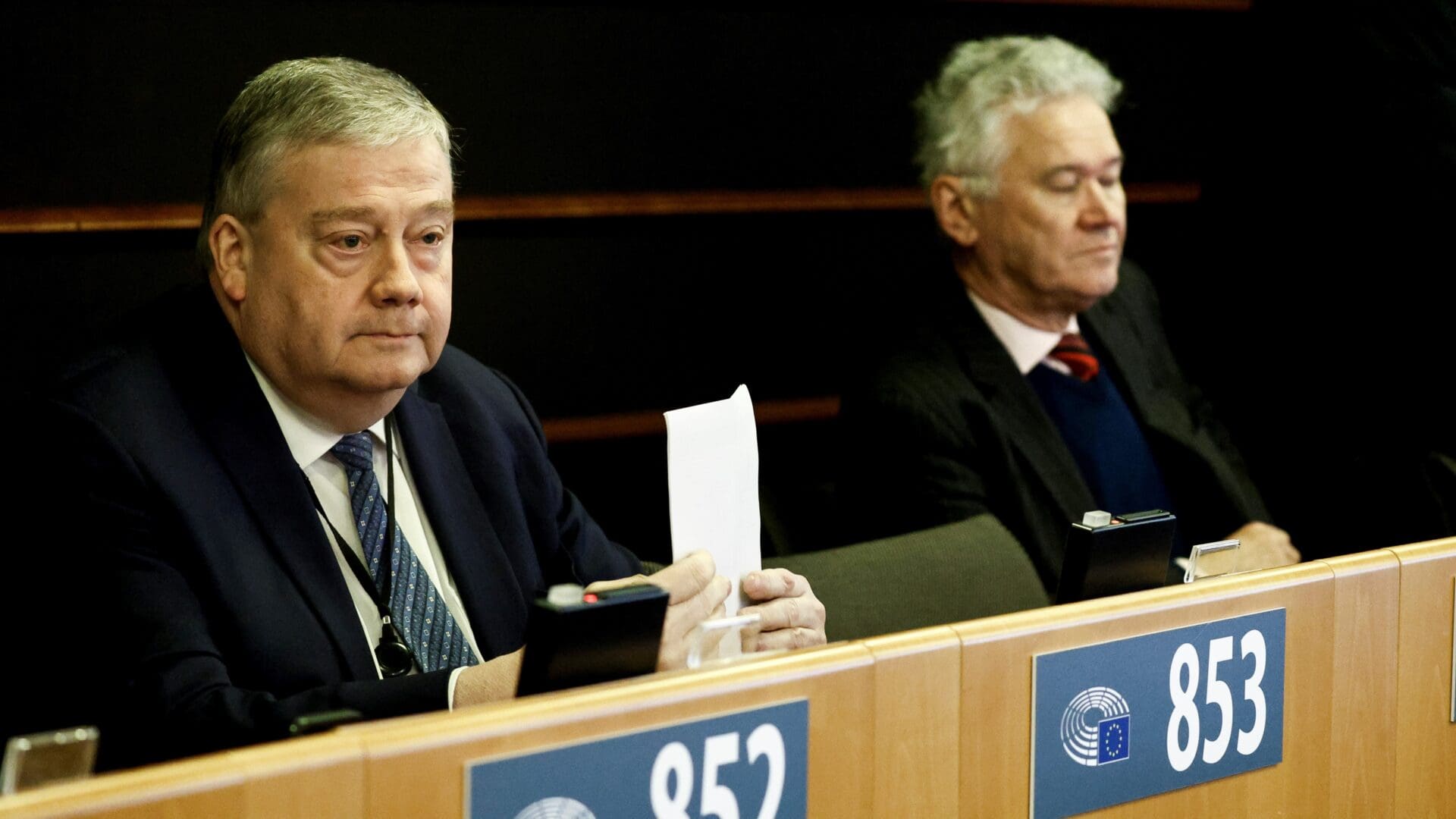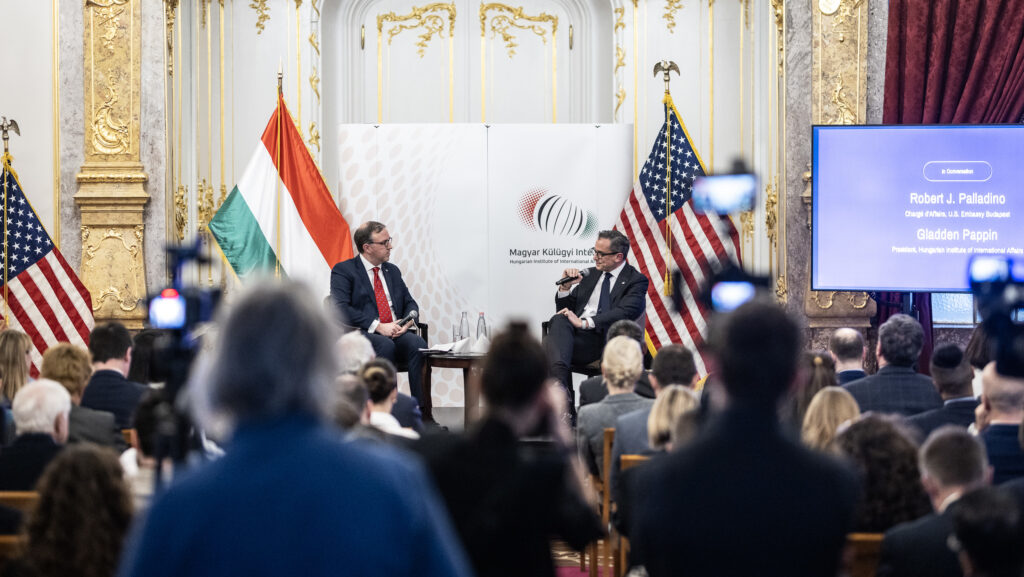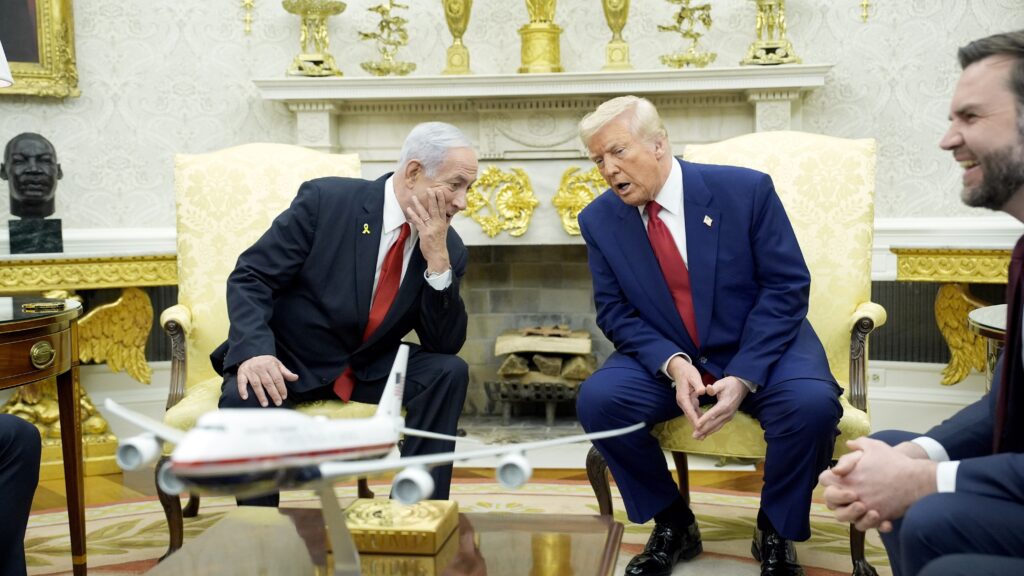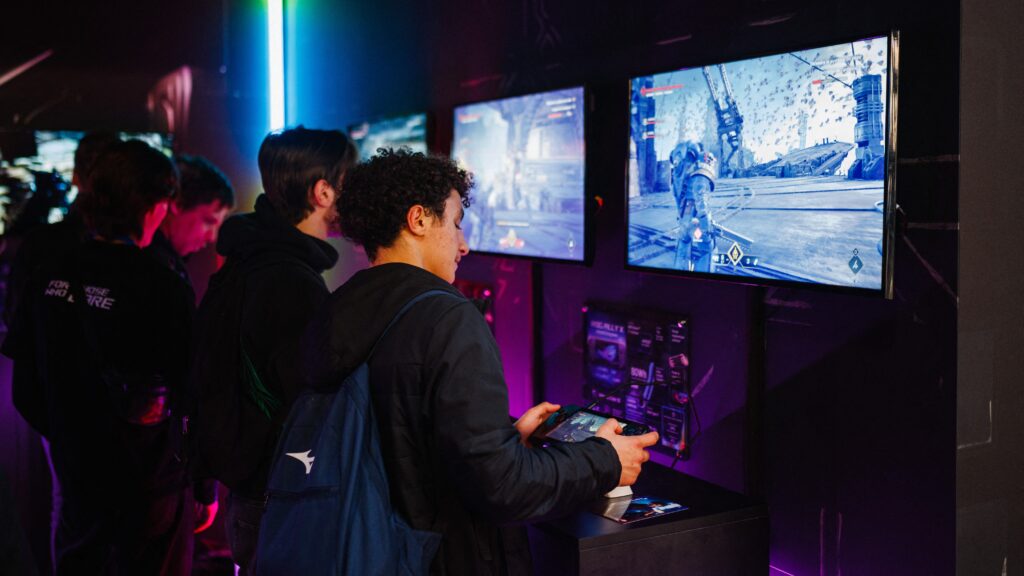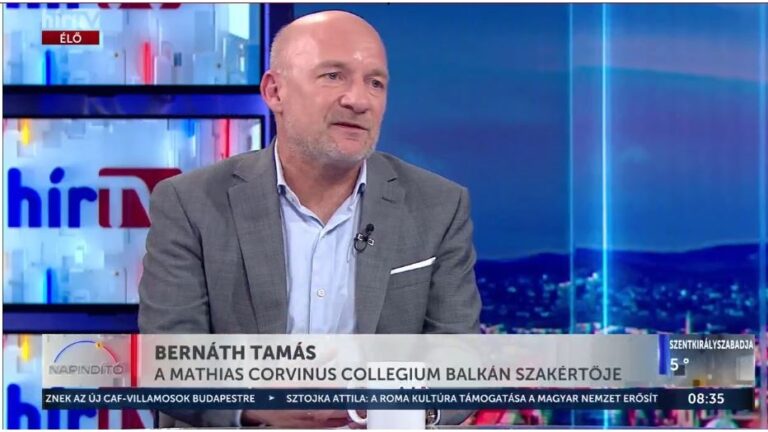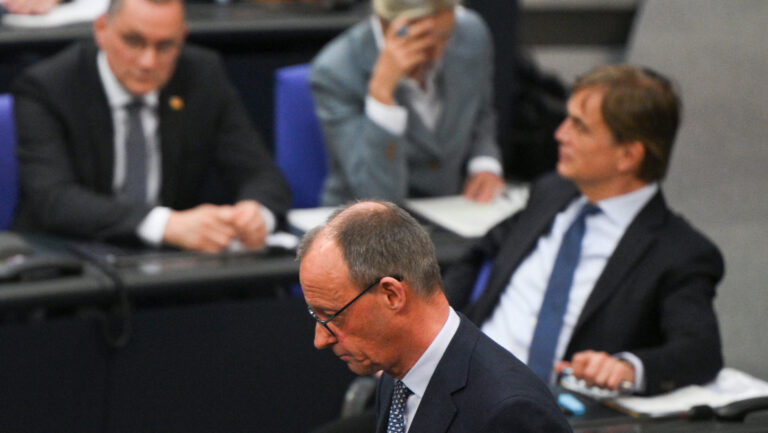The corruption scandal known as Qatargate, which first rocked the European Parliament a couple of months ago, entered its newest phrase—two MEPs have lost their immunity.
A month ago, Belgian authorities requested the EP to lift the immunity of some representatives so that their cases can be investigated. The MEPs that will be now probed by the Belgian prosecutors are Italian MEP Andrea Cozzolino and Belgian MEP Marc Tarabella. Both of them deny any wrongdoing. Marc Tarabella attended the session when his and his colleague’s immunity was suspended and he himself voted in favour of the motion, as he said, to clear his name.
Both MEPs who have now lost their immunity are members of the left-wing Socialists and Democrats grouping in the European Parliament. Marc Tarabella alone is believed to have received €120,00–€140,000 worth of bribes from Qatar and Morocco over the course of two years. Andrea Cozzolino was part of the Parliament’s delegation for relations with Maghreb countries, a region that includes Morocco.
Since the first arrests were made, Pier Antonio Panzeri, one of the suspects, has agreed to confess to the investigators as part of a plea deal that would reduce his sentence. Pier Antonio Panzeri is accused of being in charge of the network that took bribes from Qatar and Morocco to influence European-level legislation. Panzeri is an Italian politician who served as an MEP between 2004-2019 as a representative of the Progressive Alliance of Socialists and Democrats. Since 2019, Panzeri has headed an NGO called Fight Impunity that is dedicated to justice and responding to human rights violations. As part of the plea deal, his wife and daughter, placed in house arrest earlier, were released last week, and Belgium withdrew their extradition request to Italy. Since the beginning of the scandal, raids have found over €1.5m in cash in Brussels and Italy, with 20 locations having been searched in Brussels only, where phones and computers were seized.
There are three other suspects in custody for their alleged involvement in the corruption scheme. Greek MEP Eva Kaili was one of the first to be arrested. She was stripped of her role as one of the Vice Presidents of the European parliament. Her partner, Francesco Giorgi is also under arrest, and has already confessed to his involvement. Giorgi used to work in the EP, as Panzeri’s parliamentary assistant. The third suspect who is now under arrest is Niccolò Figà-Talamanca, who runs an NGO, No Peace Without Justice, located in the same building as Panzeri’s Fight Impunity. The nature and extent of the scandal that exposed the culture of non-answerability of the European Parliament have led to considerable anxiety about the lack of oversight over EU institutions. The difficulty to hold EU politicians accountable stems from a lack of democratic engagement on the European level, as there is no ‘European civil society’, as we have pointed out earlier.
In response to the corruption scandal, EU Ombudsman Emily O’Reilly called for the strengthening of the ethics committee, a body that is in charge of monitoring the conduct of MEPs. O’Reilly stated that addressing the challenge Qatargate poses to the EP requires to increase ‘the independence of the Committee, enabling its powers to pro-actively monitor, investigate, and enforce compliance with ethnics laws, and providing it with necessary resources.’ Fidesz MEP Balázs Hidvéghi, on the other hand, is not optimistic about the European Parliament’s ability and willingness to address the ‘culture of impunity’ that characterises the EP. The Hungarian MEP dismissed as ‘empty talk’ President of the European Parliament Roberta Metsola’s 14 points that aim to strengthen the Code of Conduct Committee, in an attempt to address the structural issues in the EP that led to the corruption scandal.

